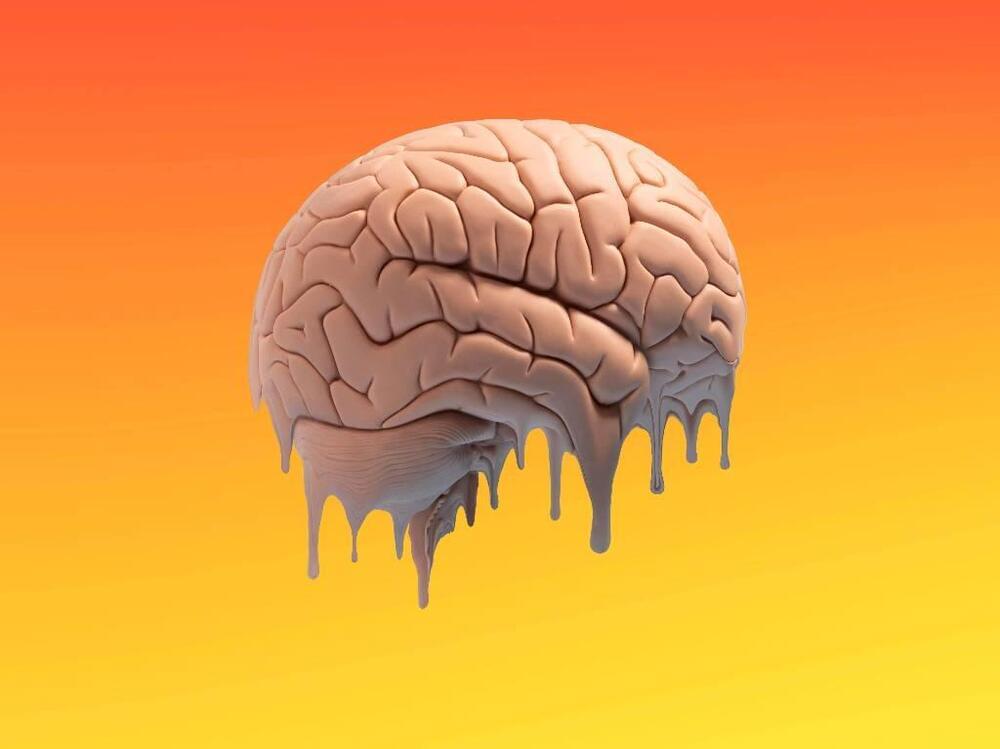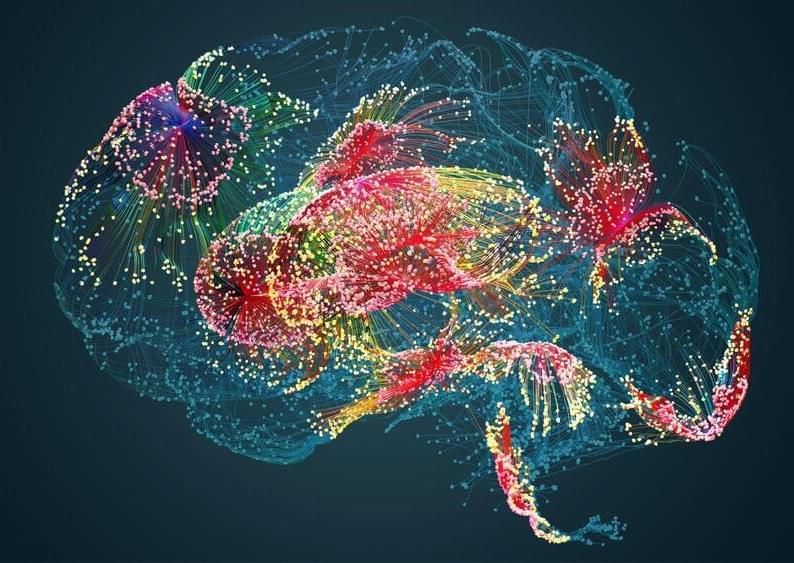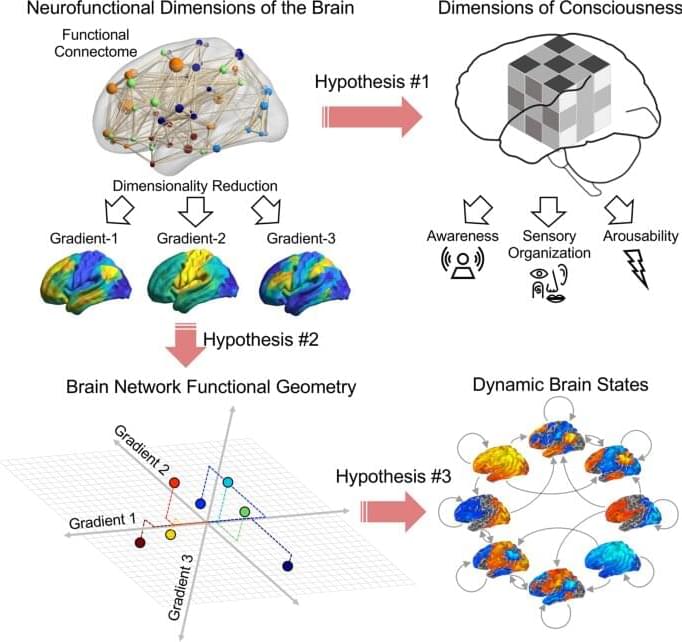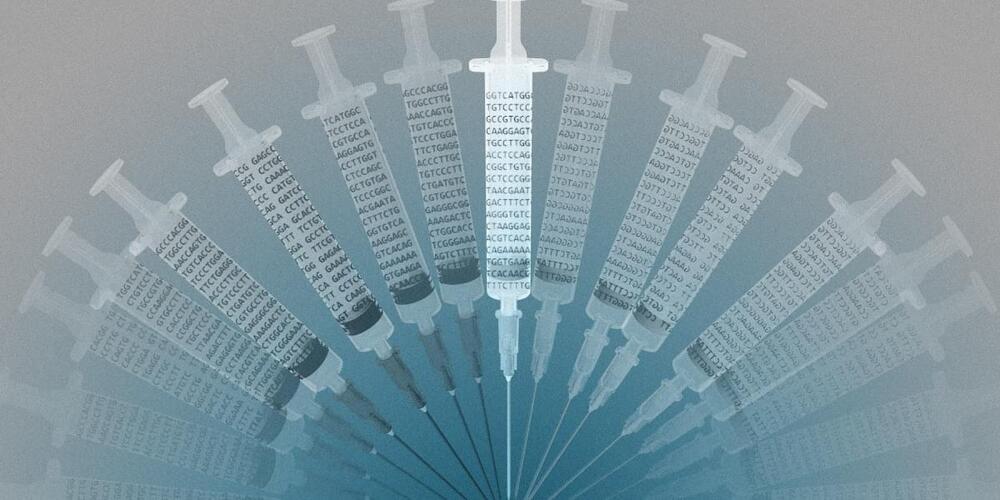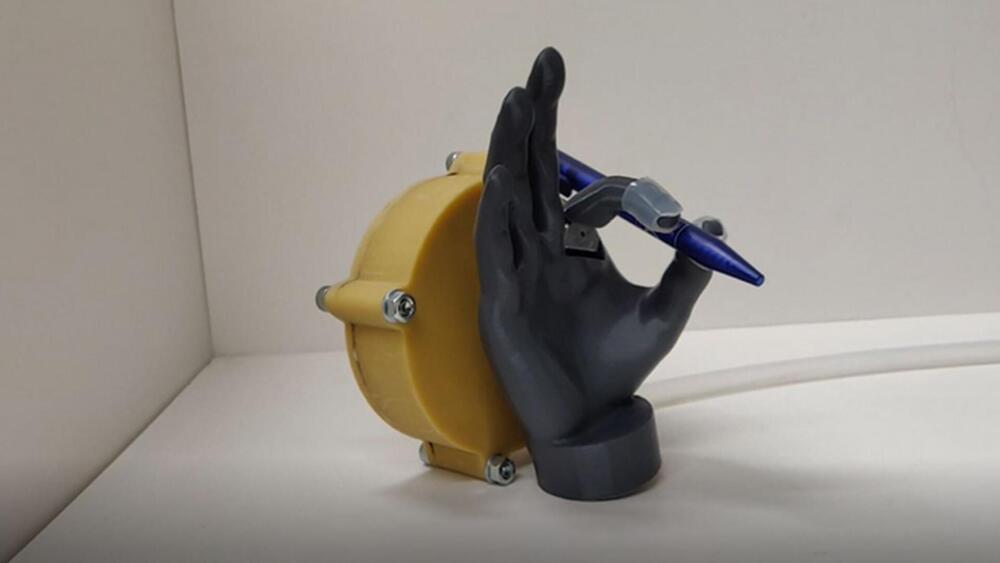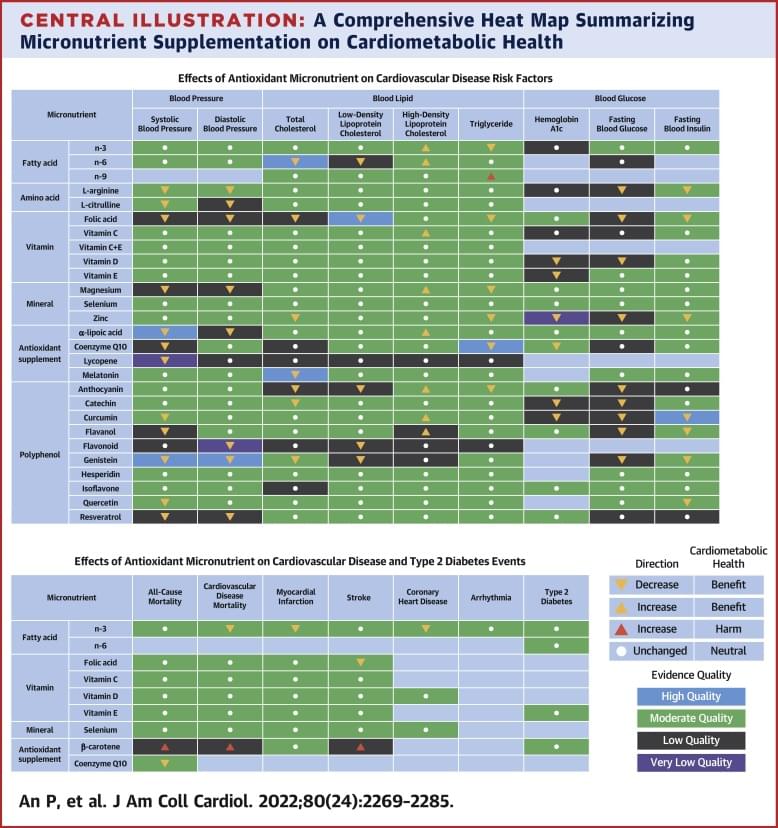Archive for the ‘biotech/medical’ category: Page 753
Jan 6, 2023
Ability Hand — a revolution in bionic technology
Posted by Gemechu Taye in categories: biotech/medical, cyborgs, transhumanism
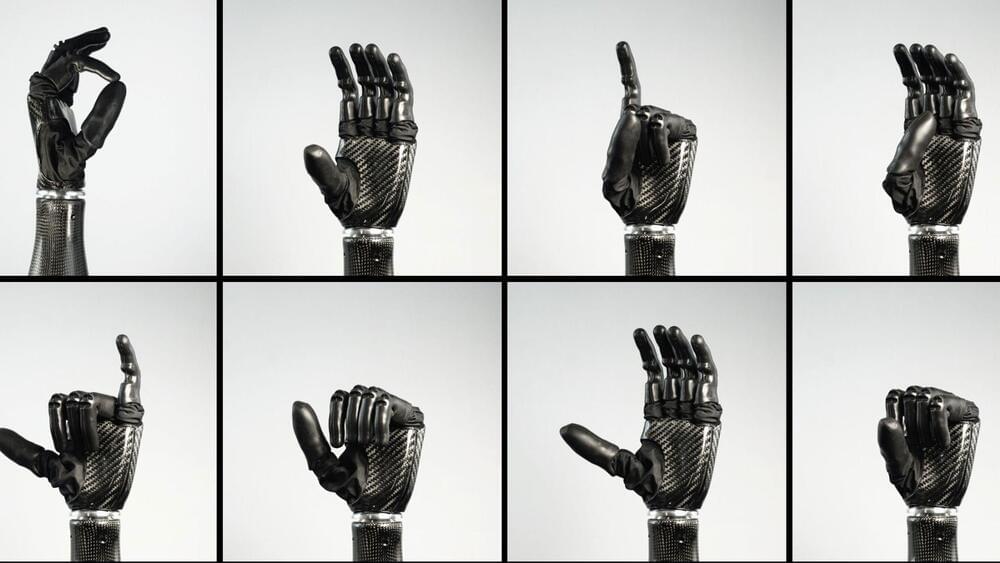
It is the first bionic hand with a multi-touch feedback feature and boasts a 32-grip pattern.
Psyonic, a bionic device manufacturer, presented the Ability Hand at CES 2023, the world’s first touch-sensing bionic hand. The hand can feel the things it holds, even the most delicate objects. It is a bionic prosthetic device, and the company aims to deliver it to more people than ever.
Continue reading “Ability Hand — a revolution in bionic technology” »
Jan 6, 2023
This first FDA-approved dental robot will make implants safer
Posted by Gemechu Taye in categories: biotech/medical, robotics/AI
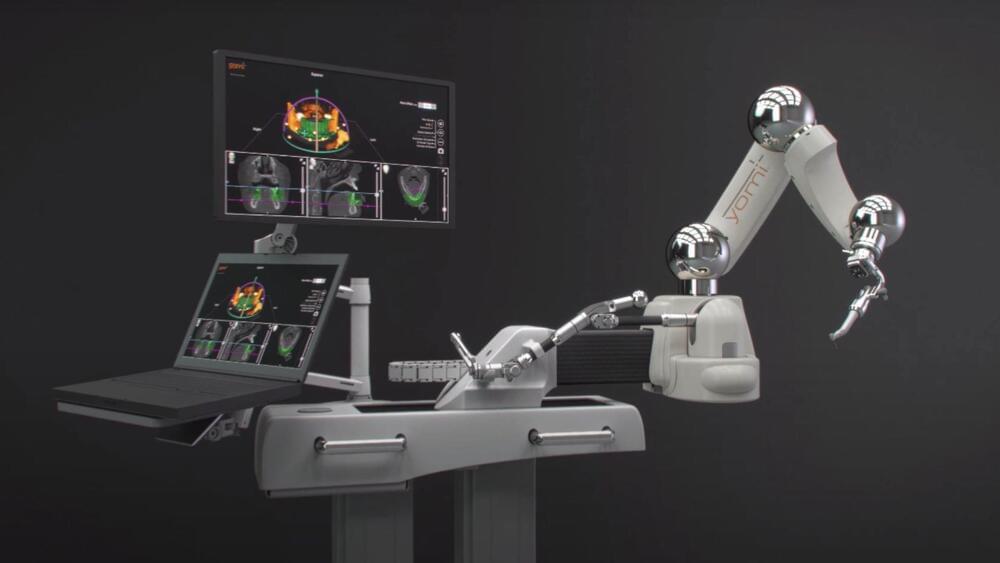
The robot is used for installing implants.
Could a robot make dentistry speedier and more comfortable? That’s what the new Yomi robot aims to do for implants, according to the device’s website. “We created Yomi to tackle one of the dental procedures people fear the most, implants,” write the robot’s inventors on their site.
Continue reading “This first FDA-approved dental robot will make implants safer” »
Jan 6, 2023
Human body can help power 6G devices in the future, study shows
Posted by Gemechu Taye in categories: biotech/medical, internet
Not as a charger but as an antenna.
A team of researchers at the University of Massachusetts Amherst has found that the human body could be a useful tool to harvest waste energy and use it to power devices in the future, including those used for 6G, the next generation of wireless communication, a university press release said.
The world has just begun to experience the wonders of 5G wireless communication that has been rolled out in many countries across the world. The next generation, though, referred to as 6G, promises up to 1,000 times faster, even faster data rate and a tenth of the latency seen with 5G.
Continue reading “Human body can help power 6G devices in the future, study shows” »
Jan 6, 2023
Scientists discover new anatomic structure in the brain that monitors and shields cells
Posted by Gemechu Taye in categories: biotech/medical, neuroscience
Though the team largely explains the function of SLYM in mice, they do study its presence in the adult human brain as well.
The human brain is tremendously complex, and scientists are yet to unlock its full potential. Now, a discovery has identified a previously unknown component of brain anatomy that doubles up as a protective barrier for our grey matter and a platform from which immune cells can monitor the brain, according to a release.
Maiken Nedergaard, co-director of the Center for Translational Neuromedicine at the University of Rochester and the University of Copenhagen, and Kjeld Møllgård, M.D.
Jan 6, 2023
Geometry of brain, dimensions of mind: Researchers identify new ways to characterize states of consciousness
Posted by Michael Taylor in categories: biotech/medical, chemistry, health, neuroscience
What it means to be conscious is more than just a philosophical question. Researchers continue to investigate how conscious experience arises from the electrochemical activity of the human brain. The answer has important implications for the way brain health is understood—from coma, wherein a person is alive but unable to move or respond to his or her environment, to surgical anesthesia, to the altered thought processes of schizophrenia.
Recent research suggests that there’s no one location in the brain that causes consciousness, pointing to a network phenomenon. However, tracing the various linkages between regions in the brain networks that give rise to awareness and wakefulness has been elusive.
A new approach using functional MRI, an imaging technique that allows you to see and measure brain activity through changes in blood flow over time, provides new insight into how we describe and study conscious states.
Jan 6, 2023
6G wireless technology could use humans as a power source, study explains
Posted by Liliana Alfair in categories: biotech/medical, internet, wearables

What percentage of your battery is used…
AMHERST, Mass. – 5G wireless technology is just starting to take off worldwide, but a new study is already speculating on the future of 6G! Researchers from the University of Massachusetts-Amherst say, unlike older technology, 6G could end up using people as antennas.
Continue reading “6G wireless technology could use humans as a power source, study explains” »
Jan 6, 2023
What’s next for mRNA vaccines
Posted by Jose Ruben Rodriguez Fuentes in category: biotech/medical
MRNA vaccines helped us through the covid-19 pandemic—but they could also help defend against many other infectious diseases, offer universal protection against flu, and even treat cancer.
Jan 6, 2023
Researchers develop new hand prosthetics powered by breath
Posted by Gemechu Taye in categories: biotech/medical, cyborgs
A company has donated 350 of Smit’s, the biomechanical engineer behind the design, 3D-printed prosthetic hands to war victims in Ukraine.
Delft University of Technology (TU Delft) researchers designed laser-cutting 3D-printed prosthetic hands for Ukranian war victims. Thanks to laser-cutting technology, war victims get their prosthetic limbs more easily. These prosthetic hands are in use in India, and Indian company Vispala donated 350 of Smit’s 3D-printed prosthetic hands to war victims in Ukraine, according to the TU Delft.
Designed by biomedical engineer Gerwin Smit, the so-called “Hundred Dollar Hand” is very cheap to produce. Smit’s artificial hand offers a sturdy and trustworthy option because 80 percent of persons who require a prosthetic hand reside in nations with few resources. Delft-produced 350 prosthetic hands donated to Ukrainian War wictims.
Jan 5, 2023
Micronutrient Supplementation to Reduce Cardiovascular Risk
Posted by Longevity in category: biotech/medical
The researchers looked at randomized, controlled intervention trials evaluating 27 different types of antioxidant supplements. They found strong evidence that several offered cardiovascular benefits. These included omega-3 fatty acid, which decreased mortality from cardiovascular disease; folic acid, which lowered stroke risk; and coenzyme Q10, an antioxidant sometimes marketed as CoQ10, which decreased all-cause mortality. Omega-6 fatty acid, L-citrulline, L-arginine, quercetin, melatonin, curcumin, Vitamin D, zinc, magnesium, alpha-lipoic acid (ALA), catechin, flavanol, and genistein also showed evidence of reducing cardiovascular risk.
Not all supplements were beneficial. Vitamin C, Vitamin D, Vitamin E, and selenium showed no effect on long-term cardiovascular disease outcomes or type-2 diabetes risk. And beta carotene supplements increased all-cause mortality.
Healthy dietary patterns are rich in micronutrients, but their influence on cardiovascular disease (CVD) risks has not been systematically quantified.
Continue reading “Micronutrient Supplementation to Reduce Cardiovascular Risk” »
